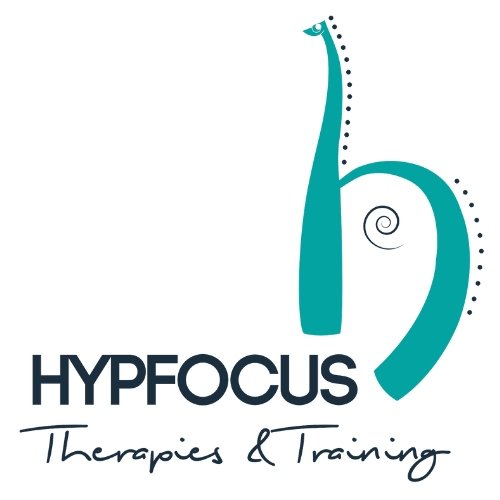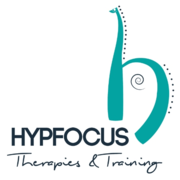ADHD and Burnout
Why Are People with ADHD More Susceptible to Burnout?
People with ADHD (Attention Deficit Hyperactivity Disorder) often experience burnout at higher rates compared to the general population. This heightened susceptibility is due to several factors intrinsic to ADHD. Individuals with ADHD typically face challenges in managing time, staying organised, and regulating emotions. They often put in extra effort to meet deadlines, maintain focus, and keep up with everyday tasks. This constant exertion can lead to exhaustion, both mentally and physically, making burnout a common experience.
Moreover, the struggle to manage impulsivity and hyperactivity can result in overcommitting to tasks or activities. The combination of these factors often leads to a cycle of stress, overwhelm, and eventually burnout, where the individual feels completely drained and unable to continue at their usual pace.
Signs and Symptoms of Burnout in People with ADHD
For individuals with ADHD, burnout can manifest differently than in others. Here are some key signs to watch out for:
Increased Irritability: Feeling more easily frustrated or angry, even with minor inconveniences.
Emotional Dysregulation: Experiencing intense emotional responses or mood swings.
Exhaustion: Both physical and mental fatigue, often leading to difficulty waking up or falling asleep.
Decreased Motivation: A sudden lack of interest in activities or tasks that were previously engaging.
Cognitive Impairments: Increased forgetfulness, difficulty concentrating, and a sense of being mentally “foggy.”
Withdrawal: Avoiding social interactions or responsibilities, preferring to isolate.
Preventing Burnout for Individuals with ADHD
Preventing burnout is crucial, especially for those with ADHD. Here are some strategies:
Set Realistic Goals: Break down larger tasks into manageable steps and set achievable deadlines.
Prioritize Self-Care: Ensure regular breaks, enough sleep, and activities that replenish energy, like hobbies or exercise.
Develop a Routine: Consistent daily routines can help reduce the chaos that often leads to burnout.
Mindfulness Practices: Techniques like meditation or deep breathing can help manage stress levels.
Limit Overcommitment: Learn to say no to additional responsibilities that could lead to overwhelm.
Reversing Burnout
If you’re already experiencing burnout, it's important to take action to reverse it:
Take a Break: Step away from work or stressful environments to reset your mental state.
Seek Support: Talk to friends, family, or a therapist about what you’re going through.
Adjust Expectations: Temporarily lower expectations for yourself to reduce pressure and stress.
Reconnect with Enjoyment: Engage in activities that you find relaxing or enjoyable to reignite your passion and energy.
Practice Self-Compassion: Be gentle with yourself; recognise that burnout is a sign to slow down and take care of your well-being.
Here are a couple of things that you may find interesting and worthy of further research:
Several studies suggest that vitamin D and magnesium may play a role in reducing the symptoms of ADHD. Research has shown that children with ADHD often have lower levels of vitamin D, which is essential for brain health and function. Supplementing with vitamin D has been associated with improvements in attention and behaviour. Similarly, magnesium is involved in numerous biochemical reactions in the brain, including those that regulate mood and cognitive function. Some studies indicate that magnesium supplementation can help reduce hyperactivity and impulsivity in individuals with ADHD. While more research is needed, these findings highlight the potential benefits of adequate vitamin D and magnesium intake for managing ADHD symptoms.
Emerging research suggests that probiotics may help reduce symptoms of ADHD by influencing the gut-brain axis. Studies have shown that the gut microbiome plays a critical role in brain function and behaviour, and disruptions in gut health have been linked to various neurological and psychiatric disorders, including ADHD. Probiotics, beneficial bacteria, can help restore balance to the gut microbiome. Some studies have found that children with ADHD who received probiotic supplements showed improvements in attention, behaviour, and emotional regulation. These findings suggest that probiotics may offer a promising complementary approach to managing ADHD symptoms, although further research is needed to understand their impact fully.
How Georgina at Hypfocus Therapies Can Help
Georgina at Hypfocus Therapies Hypnotherapy Melbourne, offers specialised support for individuals with ADHD who are struggling with burnout. Using therapeutic techniques, including Cognitive Behavioral Therapy (CBT) and mindfulness strategies, Georgina helps clients regain control over their lives. Her approach is tailored to each individual’s unique challenges, making it easier to develop coping mechanisms that prevent burnout from recurring. Georgina’s expertise in ADHD allows her to guide clients through recovery, helping them rebuild their energy levels and mental resilience more effectively.

